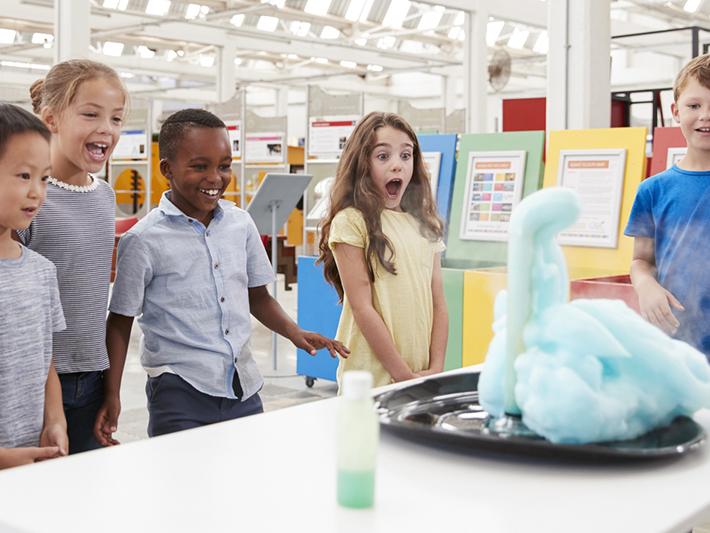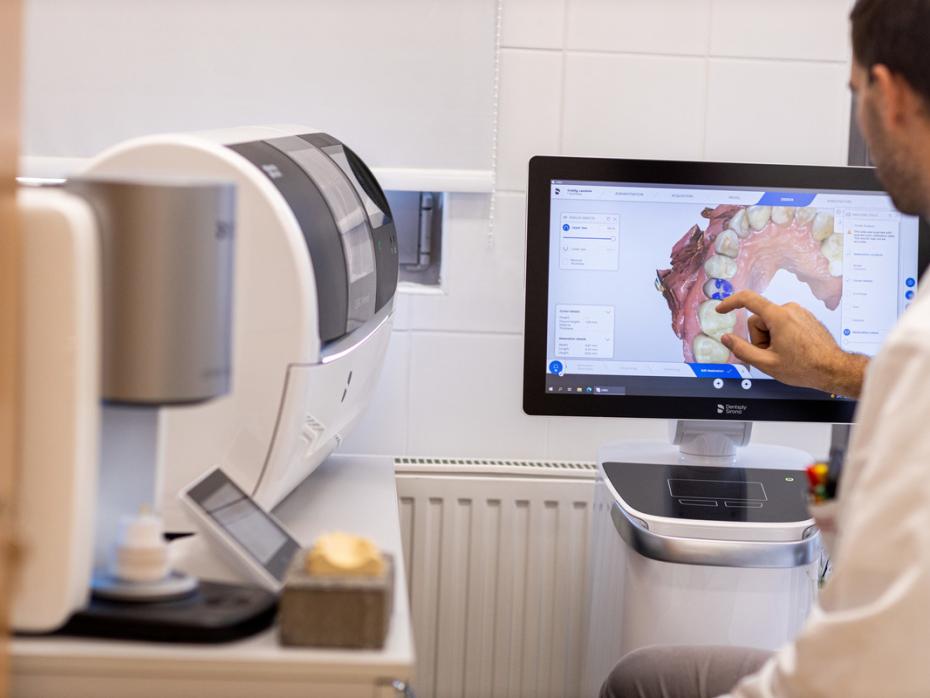Advice for academics and lecturers working in the fields of science, technology, engineering and maths to help advance STEM research and teaching. These resources cover issues such as how to widen participation and get more women into STEM fields, preparing students for STEM careers, managing the impact of AI on STEM learning, building industry collaborations and communicating STEM research for greater impact.









